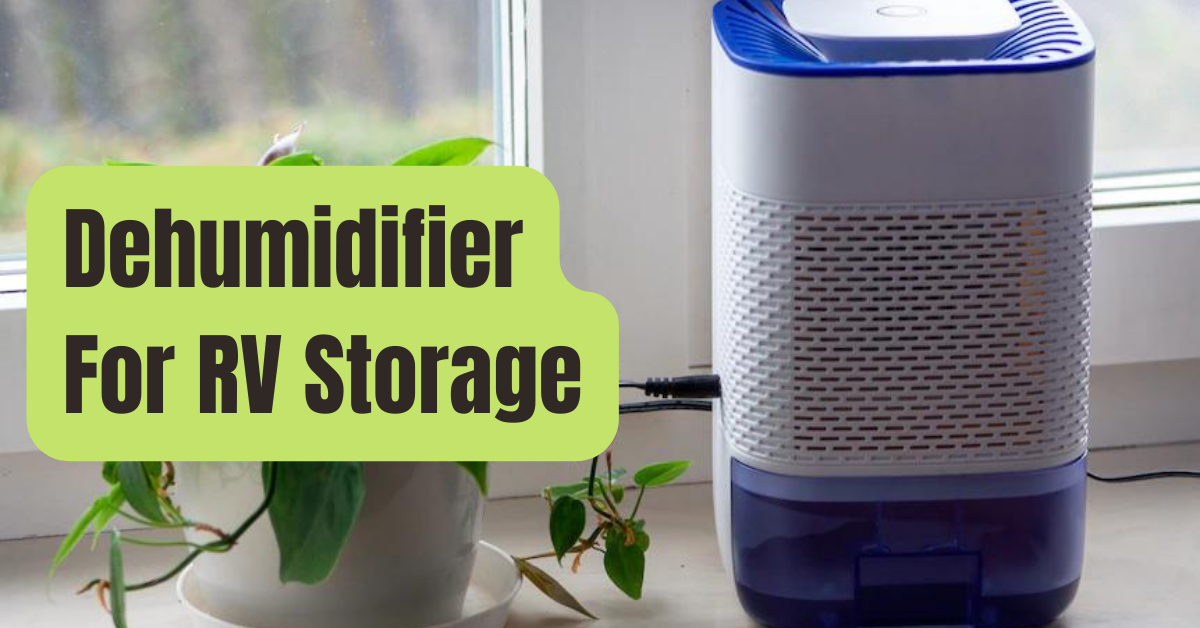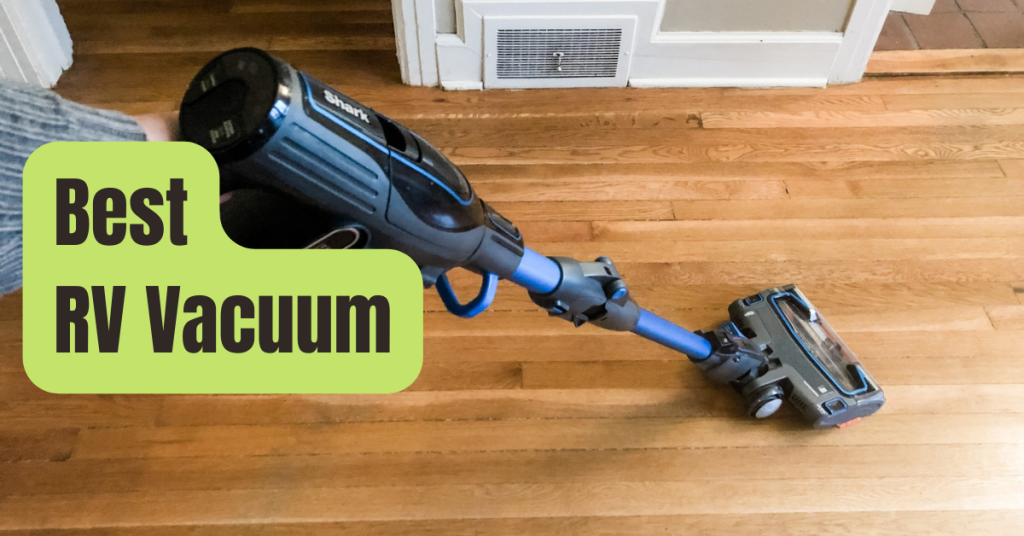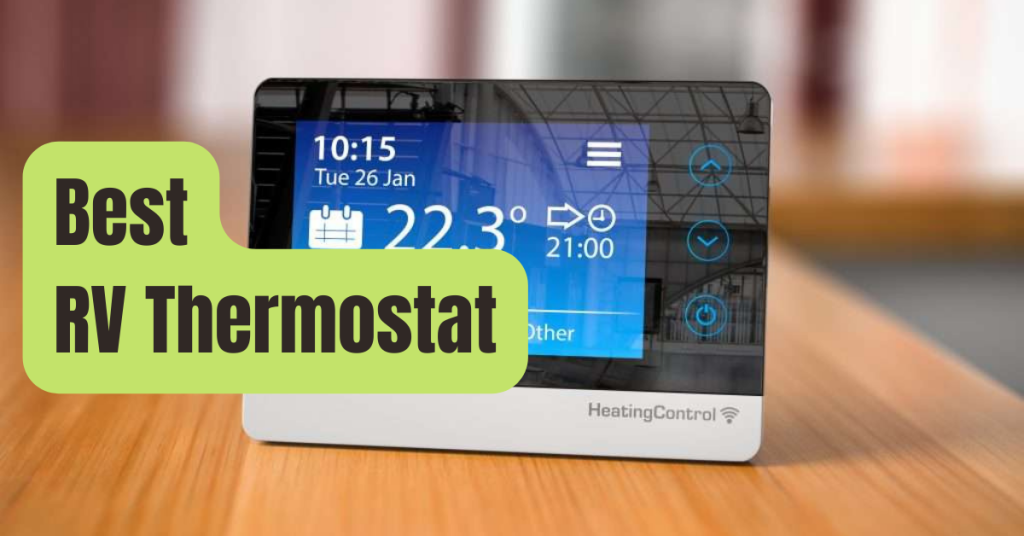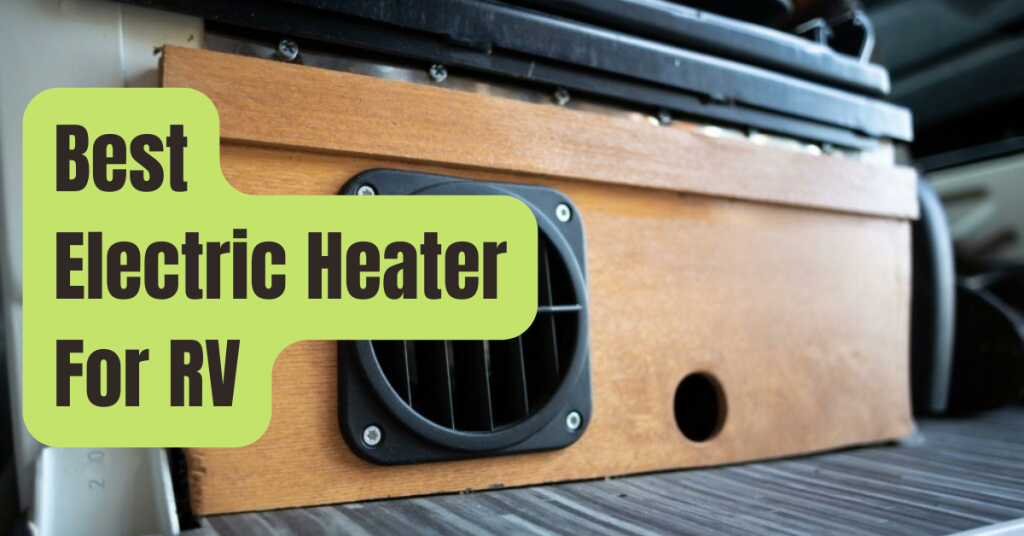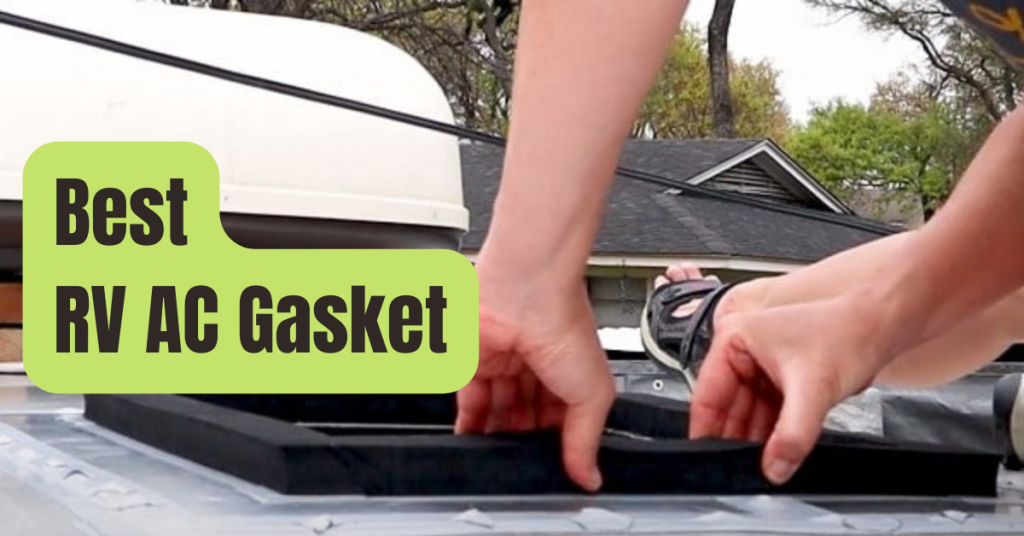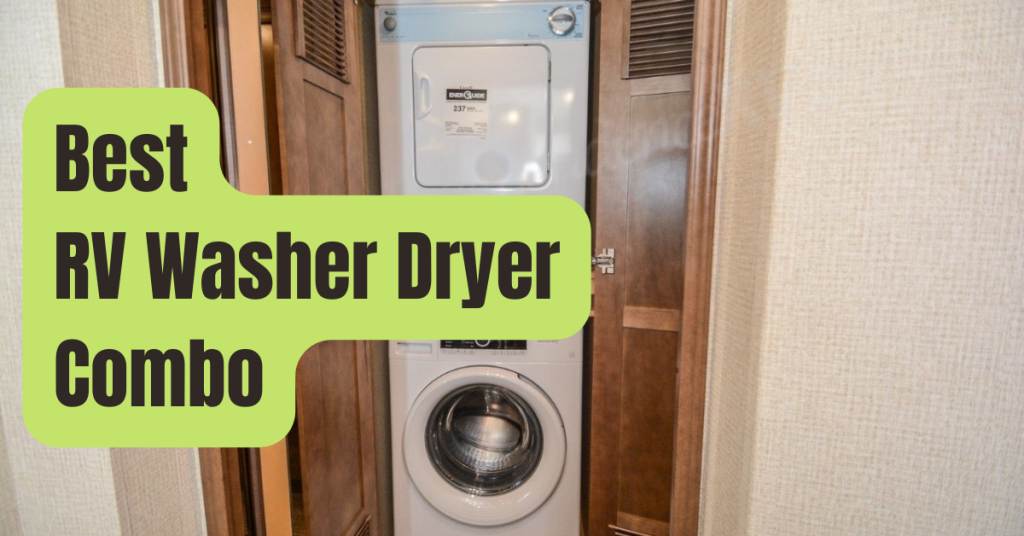Benefits and Drawbacks of RV Dehumidifier Travel
You will eventually need to control the humidity in your RV, no matter where you live or keep it.
In order to extend the life of your RV, moisture management is essential.
Moreover, you get to enjoy this priceless treasure.
Naturally, some parts of the nation have greater humidity levels than others.
It is a common issue for all RVers, however, no matter where you are.
We all breathe out, after all.
The typical individual loses roughly 23 fluid ounces of water every day via their skin and breath through a process known as “insensible water loss.”
During the course of a 24-hour period, two humans and two dogs will add around 60 ounces of additional water to the air in the RV.
Add to it any humidity that could develop as a consequence of condensation on metal and glass surfaces.
or decor that comes into the RV via the windows and doors.
If you spend a week cooped up in your RV with limited outside ventilation, there might be many gallons of water in the air moving around your coach.
And it is a difficulty! It will amass on solid surfaces, pierce through soft surfaces, enter the insulation, and go undetected by wall coverings.
Mold will grow in poorly ventilated spaces when there is water in the air.
All of these circumstances are undesirable.
It is harmful to people, animals, and the rig.
Places With A Lot Of Humidity
The relative humidity of the surrounding air only makes this issue worse if you are RVing in a humid location.
Our native region, the Pacific Northwest, is known for its often rainy weather.
But until our trip to Florida at the tail end of October 2019, we had no clue what genuine humidity was.
95 degrees was an intolerable temperature.
Additionally, the humidity level was so high that it rained merely from crossing the parking lot.
The suffocating heat practically prevented us from breathing.
We had to move our RV equipment from the previous RV to the new one that we had just bought.
But because of the heat and humidity, this easy physical exercise was all but impossible.
The whole time we were in that environment, the air and surfaces inside the bus were moist.
The bus started to dry out as soon as we were back on the West Coast.
But only because there wasn’t much humidity outdoors.
We’ve returned to the Pacific Northwest.
Opening the windows would be too chilly and rainy.
For days, the humidity in the rig has been increasing due to insensible water loss.
We must now take proactive steps to control the humidity in the RV.
Thankfully, we have an electric RV dehumidifier with us.
This aids in preventing moisture buildup.
What Issues Is Humidity Responsible For?
You may wonder how significant this might be.
Is controlling the humidity in your RV really that critical if you just use it on the weekends and store it the rest of the time? Yes!
When his RV wasn’t in use, one of our friends took great care to lock it up and cover it with an RV tarp.
Even though there was no way the roof could have been leaking, as he was getting ready to de-winterize it in the spring, he observed some damage in the headliner.
Further examination revealed that dry rot had completely destroyed the surface under the headliner, and that the cause of the damage was dampness.
He was compelled to sell that vehicle, and in his subsequent RV, he took great care to control the accumulation of moisture.
How Can Humidity Be Managed Inside An RV?
The humidity may be managed in a variety of ways.
You still need to control the humidity inside your equipment even if it is in storage.
An RV should have dry air inside.
Mold, rot, and other problems are just waiting to appear inside an RV with wet air.
Using an RV dehumidifier is the most effective way to minimize the amount of water in the air.
Which RV Dehumidifier Is The Best?
There are a wide variety of RV dehumidifiers available, including dozens of electric models.
Dry pellet dehumidifiers, also known as Dri-Z-Air or DampRid, are utilized within a particular housing and are produced and marketed for the RV industry.
The Eva Dry and the Air-Dryr are two further choices, both of which are discussed in the video below by YouTuber Forrest Stevens.
The dry pellets we tested only removed a little quantity of water.
The pellets must be changed regularly, and the wastewater the pellets produce when they absorb moisture is unpleasant and dangerous.
Three different electric dehumidifiers have also been tested by us.
The first one was enormous, loud, and heavy.
It could extract quarts of water every day, but since it was so big, it was usually in the way.
Actually Two Distinct Countertop-Style Equipment Made Up The Second Dehumidifier.
They were really tiny, extremely quiet, and absolutely worthless in terms of the amount of air that required to be removed for the water.
These compact countertop units could have worked well in a tiny bathroom or closet, but in our 33-foot Class A RV, the moisture buildup was too much for them to handle.
The third RV dehumidifier (seen in the article’s opening image) is really highly effective.
In comparison to the original one, it is also reasonably quiet and tiny.
It can be readily moved from one end of the RV to the other and can extract quarts of water in eight hours.
We can hardly keep up with the buildup of water in the air when the weather is moist, even with this gadget running nonstop all day.
Sadly, it always rains while we’re in Oregon in the winter.
We can open a window to let fresh air into the trailer whenever it stops raining, but because we are on the Oregon Coast, rain is a constant.
Whether you’re traveling or putting your RV in storage for the winter, make sure you have a reliable hygrometer like this one to check the humidity levels inside.
Check out this post on How To Reduce Condensation In Your RV from Do It Yourself RV for further advice.

